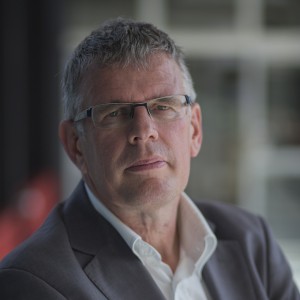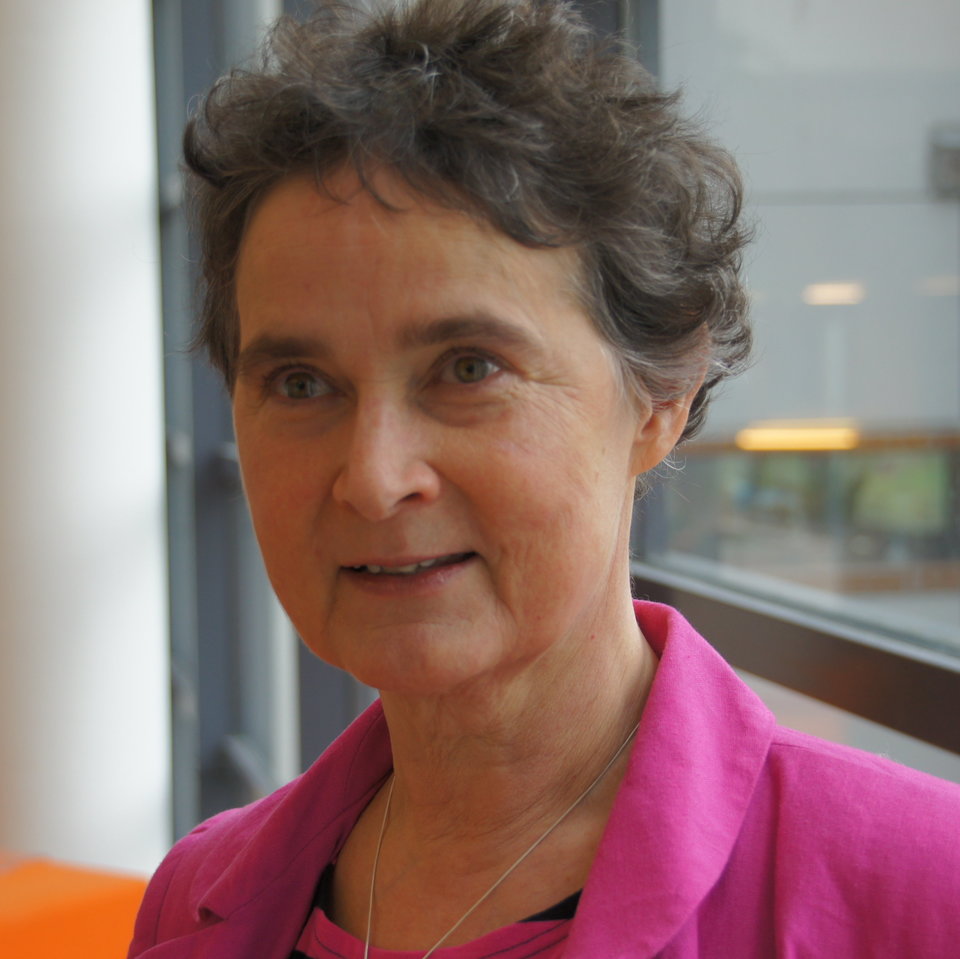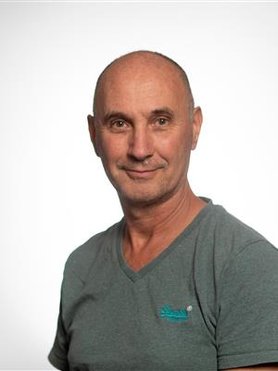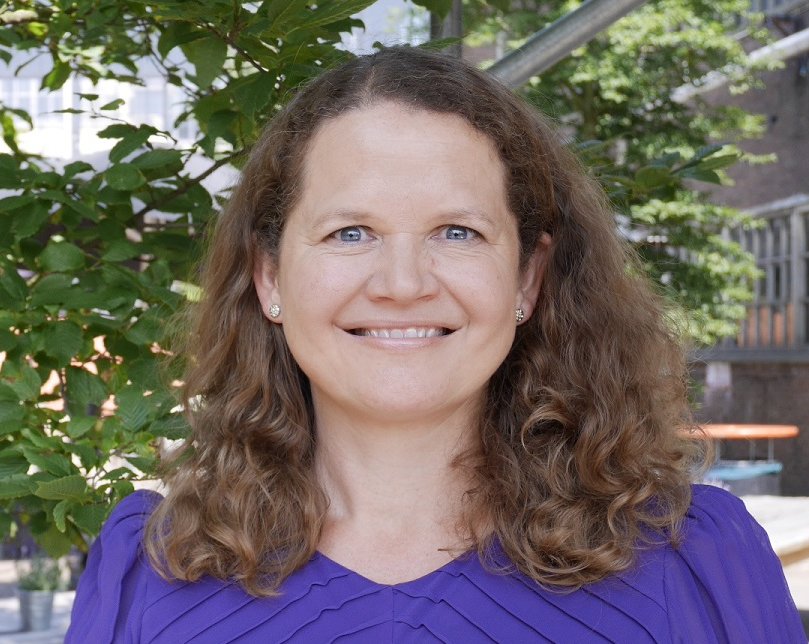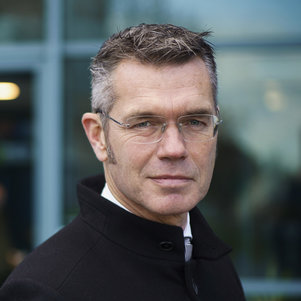Five Royal Honours at TU Delft
Paul Althuis, former director of the Innovation & Impact Centre (I&IC), has been appointed Officer in the Order of Orange-Nassau in Delft for his exceptional leadership and inspiration in the field of innovation and entrepreneurship.
Since 2006, Paul Althuis has been director of the former Valorisation Centre, now the Innovation & Impact Centre, which today employs 150 FTE. Althuis helped to establish valorisation in Delft. All sorts of innovative programmes to promote innovation were set up under his leadership. A forward-looking innovation ecosystem has developed on the TU Delft campus. More than 250 national and international companies have now settled there. Quite a number of them are located in the buildings for technical start-ups and scale-ups: YES!Delft, YES!Delft Labs and NEXT Delft. As a result, research regularly shows that Delft is the best place in the Netherlands for entrepreneurship.
Althuis has a unique ability to transfer his passion for the implementation of innovation in society to others. He was so inspiring and motivating that people now talk about ‘coming from Paul’s school’. This is a reference to his personal style and decisiveness, and his drive to support new initiatives and give talent a chance.
Paul Althuis studied Social Geography at the Radboud University. He has worked at TU Delft since 1981. For many years he worked as a project coordinator and later as a director at CICAT, the management agency for international TU projects. After leading Delft’s valorisation activities for almost 20 years, he remains involved in TU Delft’s innovation and entrepreneurship as director of the holding company TU Delft Services and Delft Enterprises.
Professor Frances Brazier, Professor of Systems Science in the Faculty of Technology, Policy and Management (TPM), has been appointed Knight of the Order of the Lion of the Netherlands in Nieuwkoop. This is in recognition of her outstanding academic career and her commitment to the emancipation of women in computer science and engineering.
Professor Brazier is a pioneer in artificial intelligence. She has been at the forefront of research into software agents: pieces of software that can make decisions independently, for use in the development of large-scale internet applications. Automated auction systems for electricity markets and applications that facilitate the sharing of renewable solar and wind energy in local energy communities, are among the applications of the systems she has worked on. More recently, she has focused on how people can make better use of technological systems. For example, by giving them more responsibility for the systems that affect their lives, such as their home environment or energy supply.
Brazier is a tireless advocate for women’s empowerment in computing and interior design. She does this in her formal roles as chair of the National Network of Women Professors (LNVH) and chair of Delft Women In Science (DEWIS), but also by acting as a role model, coach and mentor to a large number of women scientists in engineering.
Professor Brazier studied Mathematics, Computer Science and Cognitive Psychology at the VU Amsterdam, where she graduated in 1983. She obtained her PhD in 1991 with a thesis entitled ‘Design and evaluation of a user interface for information retrieval’. She stayed on at the VU, where she was appointed Professor of Intelligent Interactive Distributed Systems in the year 2000. In 2009 she came to TU Delft, where she holds the chair of Engineering Systems Foundations.
Professor DirkJan Veeger, Professor of BioMechanical Engineering at the Faculty of Mechanical Engineering (ME), has been appointed Officer in the Order of Orange-Nassau in Warmond for his research at the interface of (sports) biomechanics and rehabilitation.
Professor Veeger’s research focuses on activities requiring hand and shoulder movements at the interface of (sports) biomechanics and rehabilitation. His research on manual wheelchair drive is pioneering. He has used his knowledge, among other things, to help Dutch Paralympic wheelchair athletes perform at their best. Veeger was a co-founder of the International Shoulder Group (ISG) and the organiser of the biennial ISG congress. Through his efforts, the ISG has been the leading international arm biomechanics group for over 25 years, and the Netherlands a leading centre for shoulder biomechanics research.
DirkJan Veeger is a builder of bridges who brings people together from different disciplines and is passionate about translating science into clinical practice. He has an unparalleled ability to make biomechanics accessible and inspiring to doctors. He is also passionate about education and always involves students in his research, for example through the creation of dissertation projects. Under his leadership as Director of Education, the educational programme of the Movement Sciences (VU) has undergone a significant improvement in quality. As a mentor for students and staff, he contributes to the formation of a new generation of professionals and scientists.
Veeger studied Movement Sciences at the VU Amsterdam, where he obtained his PhD in 1992 on the biomechanics of wheelchair driving. From 2009 to 2020, he was professor of biomechanics and sports engineering at the VU. Since 2009, he has also been a professor of musculoskeletal mechanics at the TU Delft. From 2014 to 2022, he headed the Department of Biomechanical Engineering.
Professor Sabine Roeser, Professor of Values, Technology and Innovation at the Faculty of Technology, Policy and Management (TPM), has been appointed Knight of the Order of the Lion of the Netherlands in Voorschoten for her scientific and public work in the field of ethics.
Professor Roeser’s research focuses on risk, intuition, emotion and art. Her work can shed light on hotly debated issues such as nuclear energy, climate change and public health. She is known worldwide as a researcher who uses ethics to show that emotions about technological and other risks are not irrational. They are often based on rational and correct considerations and should have a place in the debate. The impact of her work is not only evident in her many scientific achievements, but also in the many roles she has played in society. She has been and still is a member of several advisory boards, such as the Health Council’s Advisory Group, the Advisory Committee on Nuclear Energy of the Council for Environment and Infrastructure, and a member of the Advisory Board of COVRA/OPERA.
Sabine Roeser has also made an important contribution to integrity within TU Delft. In 2018, she took the lead in designing a new integrity policy for the university as Integrity Officer and chair of the Integrity Board. Sabine Roeser is also involved in the career policy for young scientists and is committed to promoting more women in science. With her boundless dedication and energy, she is an inspiring leader and role model for many.
Sabine Roeser graduated from the Maastricht Institute of Arts and subsequently in philosophy (cum laude) and political science from the University of Amsterdam (UVA). She obtained her PhD from the UVA with her thesis ‘Ethical intuitions and emotions: a Philosophical Study’.
Professor Serge Hoogendoorn, Distinguished Professor of Smart Urban Mobility at the Faculty of Civil Engineering and Geosciences (CEG), has been appointed Officer in the Order of Orange-Nassau in Rotterdam.
Professor Hoogendoorn is a leading international researcher in the field of traffic dynamics and its impact on urban mobility. His groundbreaking research addresses fundamental aspects of traffic flows, for which he develops models and simulation techniques. For example, how does congestion develop and propagate? He is also an expert in crowd dynamics and crowd management. This has made him a sought-after consultant for major events such as SAIL, Koningsdag in Amsterdam, Europride and Mysteryland. In Saudi Arabia, he advised on a master plan for crowd management in Mecca, Medina and Mashae.
He is a pioneer in new research topics and is a leader in the integration of disciplines at TU Delft. On his own initiative, he founded the Transport & Mobility Institute, which brings together researchers from almost all of TU Delft. He is a tireless initiator. During the Covid-19 pandemic, for example, he managed to transform direct scientific research into an outdoor and indoor mobility dashboard for estimating contamination risks. This dashboard was useful not only for TU Delft, it was also used by municipalities and the Dutch railways, among others.
Hoogendoorn studied mathematics at TU Delft. He received his PhD in 1999 for his research on a new multi-class traffic flow theory. In 2006, he became professor of Traffic, Operations and Management at CEG. Since 2018, he has been head of the Department of Transport and Planning. In 2016, he was appointed Distinguished Professor at TU Delft, a role reserved for professors who are an important example and ambassador in their field, within and outside the university.
